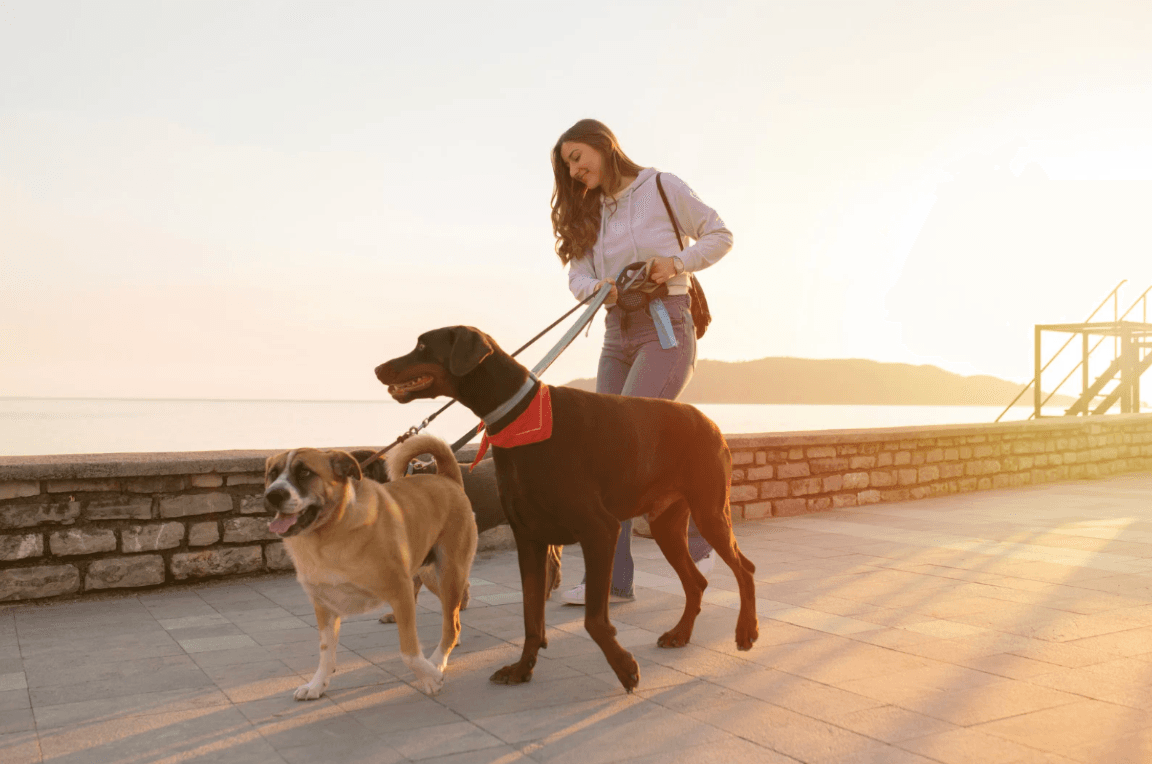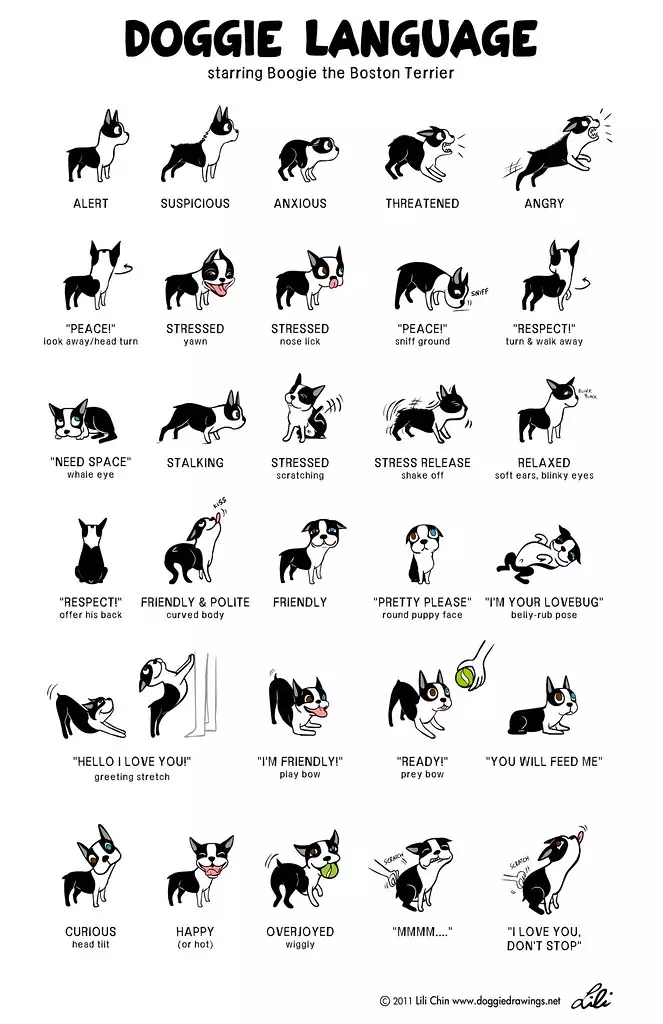Puppy Care Guide
Week 26 – Calming Signals (Emotions)

Six months old already — your puppy has grown so much! As adolescence begins, emotional and psychological growth becomes just as important as nutrition or vaccines. This stage is about balance, bonding, and empathy.
🌿 The Importance of Emotional Growth
Dogs can’t express feelings with words, but they experience joy, anxiety, curiosity, and even disappointment. Emotional maturity shapes how they interact with people and other animals.
Tip for Guardians: Keep daily routines predictable and interactions gentle. Sudden noise or inconsistency can delay emotional stability.

💞 Forming a Positive Bond with Your Dog
This phase focuses on strengthening trust through affection, clear communication, and calm leadership. Your tone, gestures, and habits all influence your puppy’s sense of safety.
🐾 When dogs feel secure and loved, good behavior and self-control follow naturally.
🧠 Training with Empathy
Training is more than obedience — it’s emotional education. Puppies at this age begin interpreting your expressions and tone as emotional cues. Patience and praise create lasting trust and eagerness to learn.
🩺 Professional Tip: Continue this approach until 13–15 months for lasting emotional balance and confidence.
🐾 Find Dog Training Programs
Want to take your puppy’s training to the next level? PetGo’s Dog Training section will feature step-by-step lessons, expert guidance, and personalized behavior insights to help your puppy grow with confidence.
Explore Dog Training >🐕 During Walks and Outdoor Exploration
At 26 weeks, distractions abound — smells, textures, sounds. Pulling, sniffing, or ignoring recall is normal exploration, not defiance. Guide with calm consistency so your dog learns to trust your tone.
🌳 Helping Your Dog Focus Outdoors
- Begin in quiet areas, then progress gradually.
- Reward eye contact immediately.
- Avoid harsh leash-pulling — it causes frustration.
- Use short, calm commands for clarity.
Consistent, pleasant walks develop confidence and composure over time.
🐾 Puppy Toilet & Manners Checklist (for Smart Dogs)
- Provide meals and water at consistent times.
- Keep the toilet area clean and predictable each morning.
- Walks at regular hours support healthy routines.
- Reinforce polite play and social manners.
- Avoid shouting or emotional punishment.
Dogs learn through repetition and gentle correction — not fear. A calm guide earns lifelong trust.
💡 PetGo Insight
The months from 6 to 12 are key to emotional resilience. Positive experiences — calm handling, gentle socialization, and affectionate touch — build a balanced adult personality.
A dog who feels understood and safe becomes not only obedient but deeply connected — a true lifelong companion. 🐾
Continue with PetGo’s Puppy Care Guide
PetGo helps nurture both body and mind — guiding emotional growth one walk at a time.
© 2025 PetGo. All Rights Reserved
